detail profile jo c3 a3o grosso
Peran Yang Di Mainkan João Grosso
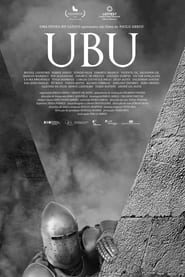 Ubu instigated by his wife murders...
Ubu instigated by his wife murders...Ubu 2023
Ubu, instigated by his wife, murders King Venceslau and usurps the throne of Poland. Intoxicated by power, this grotesque and coward character conducts his reign in an absurd and cruel way, leading his kingdom to ruin. A cinematographic adaptation of Alfred Jarry’s play, a political satire that, cyclically, turns to the reality of world politics.
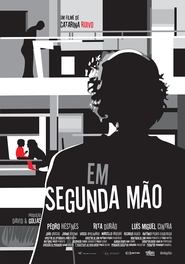 Jorge is a loner and a...
Jorge is a loner and a...Second Hand 2013
Jorge is a loner and a writer of popular books. At night, he looks through other people's windows and thinks that they are truly happy.
 Lena disappears mysteriously during the winter...
Lena disappears mysteriously during the winter...Land of Storms 1997
Lena disappears mysteriously during the winter of 1976. This is the last stop on a journey that begins in colonial Mozambique on new year's eve at 1957 gives way to 1958. Ningo, a black boy brought up by Lena's parents, and her childhood friend, comes to Lisbon to help find her, at the request of Lena's mother. Using the letters that Lena has left behind as a testament to her life, in wich she has rebelled against the challenged the powers that be, Ningo discovers the identity of her kidnapper - Jorge Matos - a former secret policeman who has followed her from Lourenço Marques, motivated by morbid desire. Lena's kidnapper dies from two inexplicable snake bites to the neck, in accordance with a legend and ritual that had been part of Lena and Ningo's childhood.
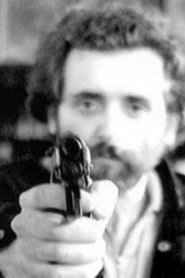 This short film is based upon...
This short film is based upon...Minus 9 1997
This short film is based upon a book of tales "Exemplary Crimes" by Max Aub who, in his turn, was inspired by real testimonies that describe crimes straightforwardly. The Testimonies are individual confessions by different persons that have nothing in common but the fact that all committed murder.
 During a time of political upheaval...
During a time of political upheaval...Foreign Land 1996
During a time of political upheaval in Brazil, two strangers meet by coincidence in a foreign land and end up caught in the middle of a gem smuggling ring.
 Its September in Lisbon Elsas young...
Its September in Lisbon Elsas young...Pandora 1996
It's September in Lisbon… Elsa’s young daughter leaves with her father, and Teresa, a friend’s friend, comes to stay in her room. One night the two women go out and meet Raul, a vagrant lover of Elsa. A triangle takes form. They finish the night on a boat by the name of Pandora, but in the morning Raul sails away, alone. Elsa and Teresa will start a new life...
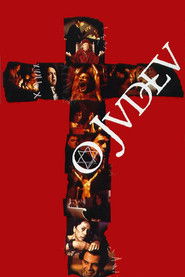 The story of Brazilian Antnio Jos...
The story of Brazilian Antnio Jos...The Jew 1996
The story of Brazilian Antônio José da Silva, a jewish poet, playwright and lawyer living in the 18th Century Lisbon, who managed to avoid Inquisition by converting himself to Catholicism, after being tortured. But his fierce criticism of Portugal's élite led him to persecution and torture, becoming kind of a scapegoat.
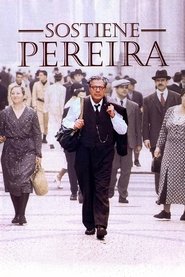 Lisbon 1938 Mr Pereira is the editor...
Lisbon 1938 Mr Pereira is the editor...Pereira Declares 1995
Lisbon, 1938. Mr. Pereira is the editor of the culture section of an evening paper. Although fascism is on the rise in Europe, like in nearby civil war Spain or even inside Portugal itself in the form of Salazar's regime, Pereira only concerns himself with writing bios and translating French novels. Things change after he hires a young writer as his assistant, getting to know also his girlfriend – both opponents to the regime – and reluctantly helps them when they begin to get in trouble for subversive activities. Eventually, he's forced to take a stand...
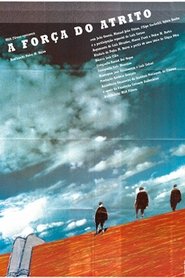 Portugal 1997 A nuclear accident left the...
Portugal 1997 A nuclear accident left the...A Força do Atrito 1993
Portugal 1997. A nuclear accident left the the country without energy and divided between zones, some of them interdicted because of the contamination. The economic crisis is dramatic and unemployment is almost total.
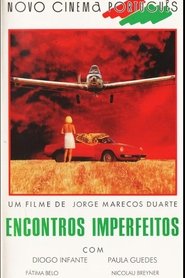 Mrio was involved in a terrorist...
Mrio was involved in a terrorist...Light Traps 1993
Mário was involved in a terrorist attack in Africa. Everyone thinks it was an accident but Mário knows it wasn’t. Now, hiden in Alentejo, he knows that sooner or later " they" will find him, yet he does not want to flee with a new identity until he finds his lover Alice. "They" find him and he has to escape with the help of Matilde. A fascinating woman who will now give him shelter and pretends to help him find Alice. Time is running out for Mário and Alice.
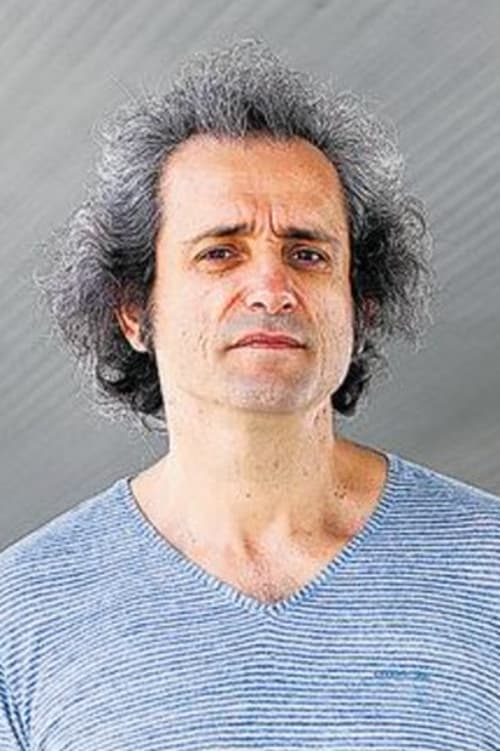
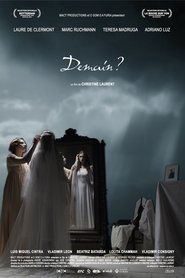 The short life of the Uruguayan...
The short life of the Uruguayan...